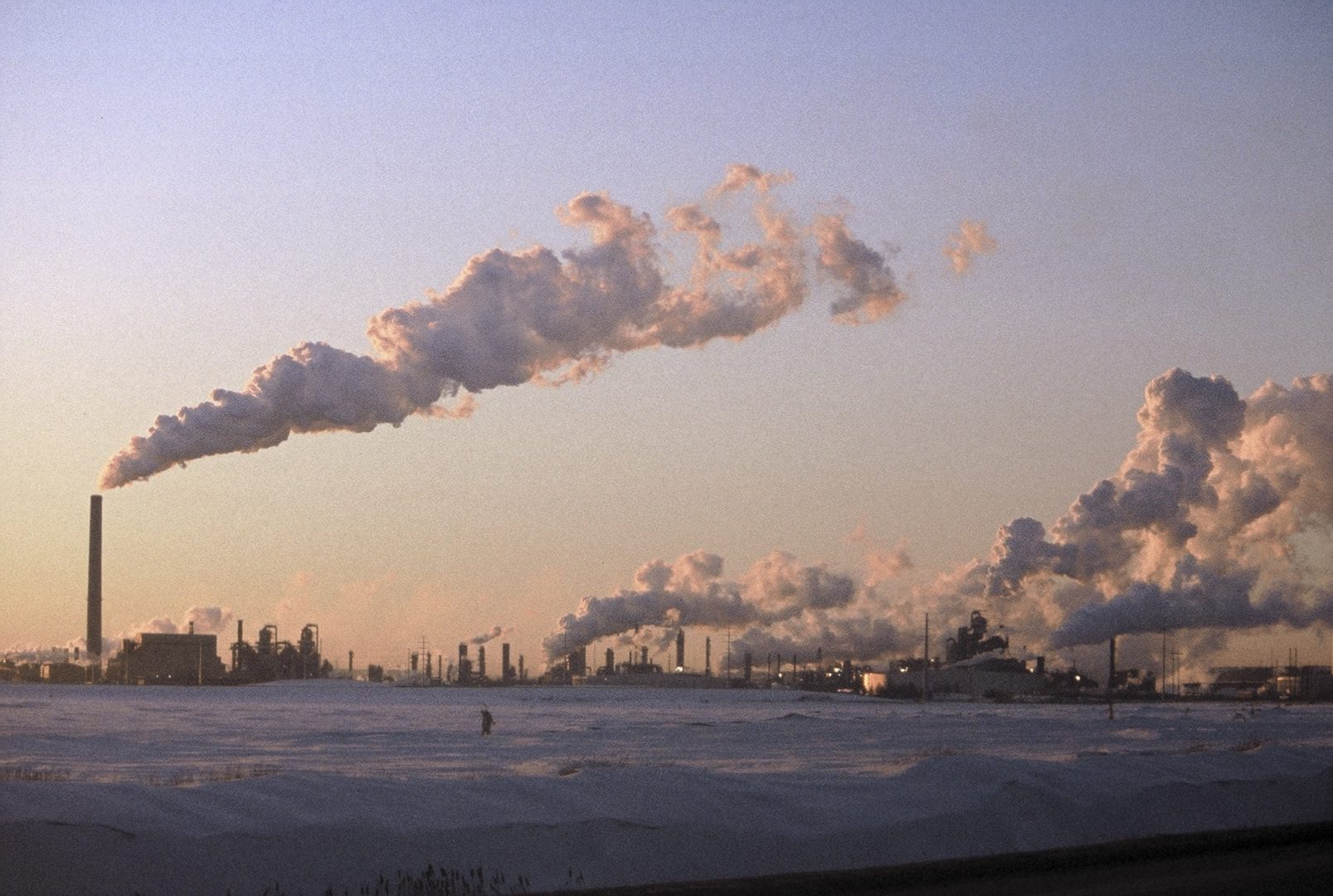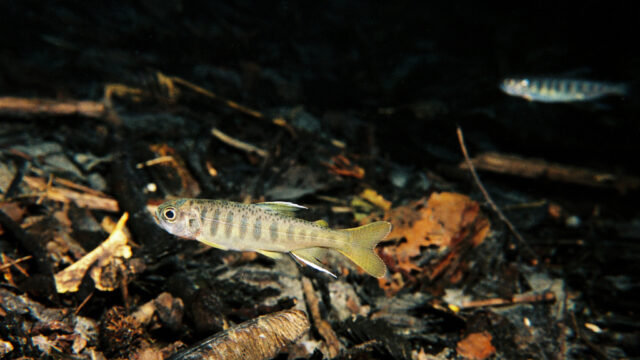On the heels of the anniversary of Imperial Oil’s disastrous tailings spill, groups call on the federal government to investigate toxicity of naphthenic acids.
OTTAWA/TRADITIONAL, UNCEDED TERRITORY OF THE ALGONQUIN ANISHNAABEG PEOPLE – In January 2024, Canada announced their decision to not include naphthenic acids in the list of regulated substances in the Canadian Environmental Protection Act. Environmental groups and a First Nation have submitted a formal request for the federal government to assess the harms caused by naphthenic acids, the main toxic component in oil sands tailings ponds, under the Canadian Environmental Protection Act (CEPA).
Ecojustice, on behalf of the Athabasca Chipewyan First Nation, Environmental Defence and Keepers of the Water submitted the request to Canada’s Minister of Health and the Minister of Environmental and Climate Change to prioritize naphthenic acids produced by tar sands for risk assessment, given the serious risk of environmental and health impacts. Mikisew Cree First Nation is also submitting a similar request.
Naphthenic acids accumulate in tar sands tailings ponds at dangerous levels and are known to have harmful effects on fish and amphibians. While there are gaps in human health studies, naphthenic acids are a potential endocrine disruptor. Environment and Climate Change Canada and Health Canada have yet to assess the naphthenic acids that are present in oil sands tailings.
The groups say that the federal government must act to ensure that Indigenous communities are protected from the health and environmental consequences of tailings, including large leaks like the disaster that happened at Imperial Oil’s Kearl tar sands facility one year ago.
If the ministers determine that naphthenic acids from tar sands are toxic, the government will be required to take risk management measures, including potentially regulating or restricting these substances.
Bronwyn Roe, Ecojustice lawyer said:
“The government has a legal duty under the Canadian Environmental Protection Act to conduct risk assessments to support the protection of the environment and health of people from exposure to toxic substances.
“Naphthenic acids are a known threat to species and the environment and pose risks to human health. They should be further investigated to understand the full breadth of their toxicity, and to ensure government adopts the measures necessary to protect people and the environment.”
Aliénor Rougeot, Climate and Energy Program Manager at Environmental Defence said:
“It’s unacceptable that governments have allowed companies to fill up vast open pits with dangerous chemicals without properly investigating the risks they pose to human life and wildlife. The federal government has repeatedly promised to tackle the issue of toxic tailings, and conducting this risk assessment is a concrete step towards fulfilling those promises. We expect the assessment will confirm the toxicity of naphthenic acids from tar sands tailings. The government must be prepared to follow up with swift action to protect communities and ecosystems from further toxic exposure.”
Jesse Cardinal, Executive Director at Keepers of the Water said:
“We have scientists taking oil and gas companies’ science, reading it, deciphering and disseminating it in plain language, confirming what Indigenous communities already know, understand and share often; naphthenic acids (proven toxic to wildlife – heavy metals, chlorides and salts) are not safe. Naphthenic acids are cancer-causing chemicals that affect hormones and people because it’s proven that they affect hormones in wildlife.”
Chief Allan Adam, Athabasca Chipewyan First Nation said:
“Our Nation has been experiencing high rates of cancer. Not a month goes by without news of someone else becoming sick, or dying. I don’t know how much more of an alarm we have to raise before Canada takes its obligations to protect our health seriously. The Imperial spill has impacted lands we rely upon for our culture, and for food security. Canada isn’t even trying to assess what the impact to our health could be.”


